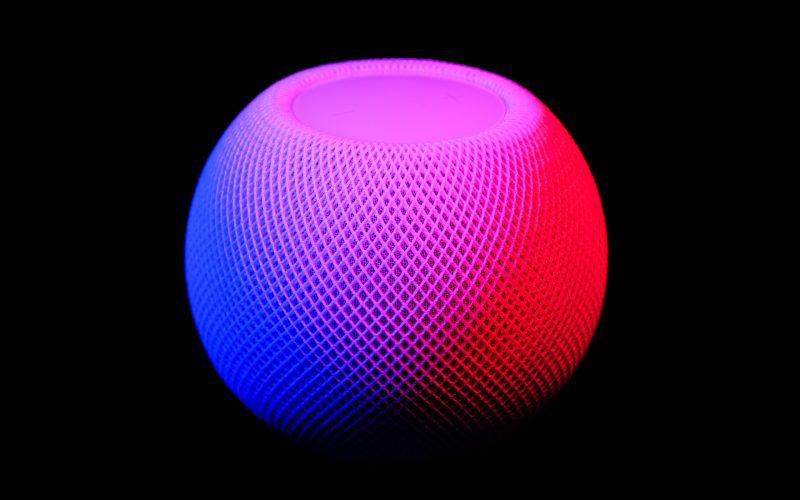Chinese tech giant Baidu is set to launch a new smartphone as part of the company’s expansion into the smart devices market. The new phone, named the “Xiaodu Phone,” will feature the company’s Xiaodu virtual assistant, which is already available on Baidu’s smart speakers.
The move represents a significant expansion for Baidu’s smart devices unit, which was originally focused solely on smart speakers. The company has seen success in this market, with its Xiaodu smart speakers ranking second in China’s smart speaker market in the first quarter of 2021, according to research firm IDC.
Baidu’s foray into the smartphone market comes at a time when the company is looking to diversify its revenue streams beyond its core search business. Baidu has faced increased competition from rivals such as Tencent and Alibaba in recent years, prompting the company to explore new avenues for growth.
The Xiaodu Phone will reportedly feature mid-range specifications, with a price point expected to be around 2,000 yuan ($309 USD). The phone will be available for pre-order starting on May 18 and will officially launch on May 28.
In addition to its virtual assistant, the Xiaodu Phone will feature a 6.5-inch display, a 5000mAh battery, and 18W fast charging. The phone will also support 5G connectivity and come equipped with a rear triple-camera setup.
The launch of the Xiaodu Phone represents a significant challenge to established smartphone manufacturers such as Huawei, Xiaomi, and Oppo, which currently dominate China’s smartphone market. Baidu will need to differentiate its phone from the competition and build brand awareness in order to capture market share.
Baidu’s push into the smartphone market is also notable given the ongoing geopolitical tensions between the United States and China. Chinese tech companies, including Huawei and ZTE, have faced increased scrutiny in the U.S. in recent years, with the Trump administration accusing these companies of being a national security threat.
Baidu, which is also listed on the U.S. stock market, has not faced the same level of scrutiny as Huawei and other Chinese tech companies. However, the company’s expansion into the smartphone market could raise questions about its relationship with the Chinese government and potential national security concerns.
Despite these potential challenges, Baidu is betting big on the smart devices market. The company has set a goal of reaching 300 million active devices for its Xiaodu virtual assistant by 2022, up from 150 million in 2020. The launch of the Xiaodu Phone represents a significant step towards achieving that goal.
In conclusion, Baidu’s expansion into the smartphone market with the launch of the Xiaodu Phone represents a significant challenge to established players in China’s smartphone market. The move is part of the company’s broader strategy to diversify its revenue streams beyond its core search business and build a presence in the fast-growing smart devices market. While the launch of the Xiaodu Phone presents potential challenges, such as differentiating from the competition and potential geopolitical tensions, Baidu’s strong position in the smart speaker market and its ambitious growth targets suggest that the company is well-positioned to succeed in this new market.












